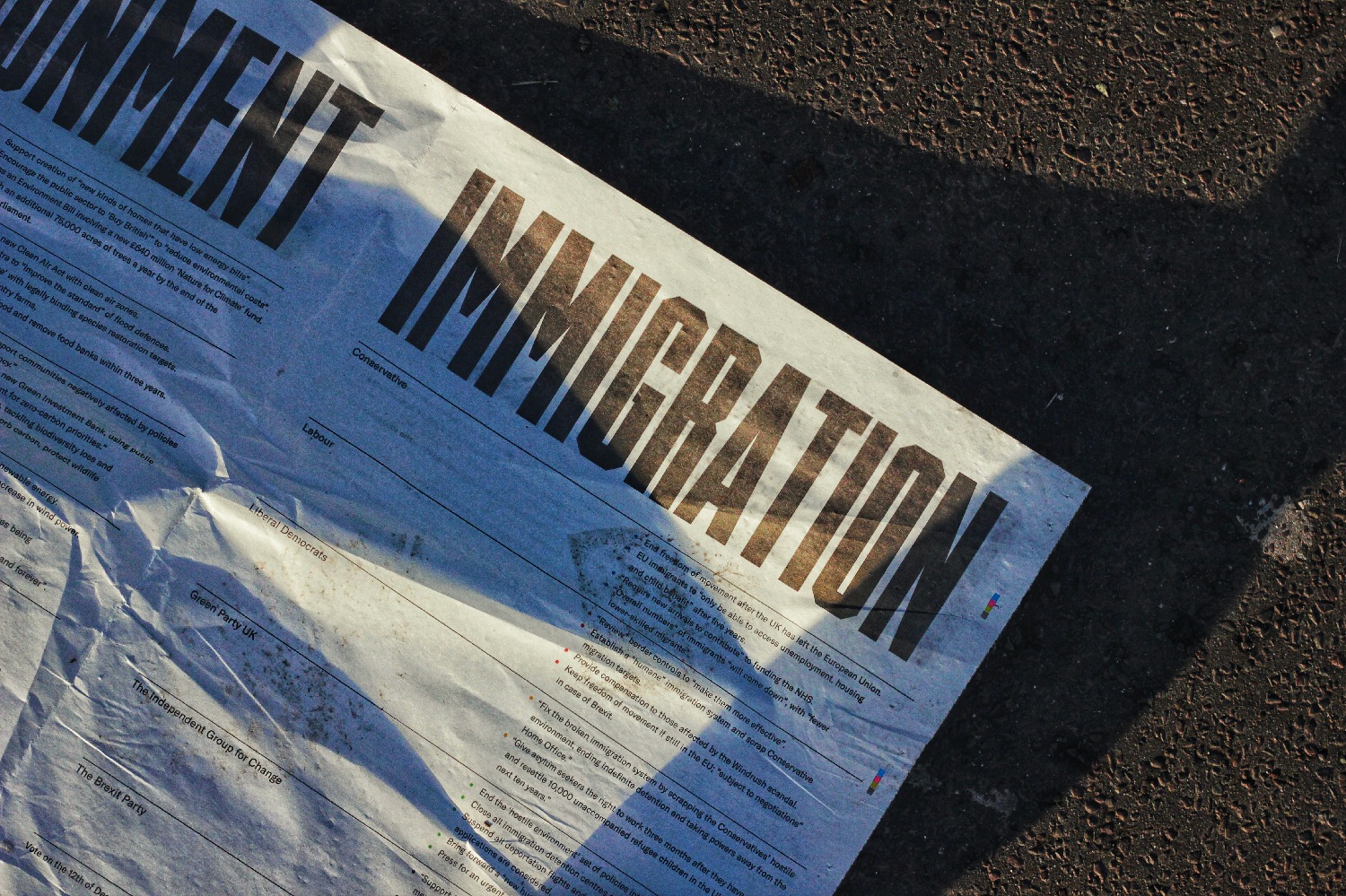Could You be at Risk of Losing Your British Citizenship?

Immigration solicitors talk a lot about applications for British citizenship and advise on how best to secure entry clearance to the UK on a work visa or family visa so you can go on to apply for indefinite leave to remain and then British citizenship for yourself and your family as quickly as possible.
The status of British citizenship is seen as a ‘full stop’ to all immigration issues; the ultimate goal of many people who come to the UK with the ambition of making the UK ‘home’.
The recent news reports on Sir Mo Farah, and his concerns about his British citizenship status in light of his revelations about the circumstances of his entry into the UK, has resulted in a rise of enquiries from those with British citizenship or those contemplating making an application. The enquirers are all concerned that they could lose their British citizenship.
In this blog, our British citizenship solicitors look at the risks of your losing your British citizenship.
UK Online and London Based Immigration Solicitors and British Citizenship Lawyers
For advice on UK settlement and British citizenship call the expert London immigration lawyers at OTS Solicitors on 0203 959 9123 or contact us online.
Losing British citizenship
Sir Mo Farah has recently revealed that he was reluctant to say anything about being trafficked to the UK as a child and being forced into domestic labour because of the impact on his continued status as a British citizen. News reports indicated a fear on Sir Mo’s part that there would be Home Office penalties for entering the UK as an ‘illegal’ because he entered the UK on a false name and applied for British citizenship under the same name.
For once, the Home Office has acted very swiftly to publicly reassure the Olympic champion that no action will be taken against him. That must be right because of Sir Mo’s age when he came to the UK. However, immigration solicitors speculate that the fast reassurance from the Home Office may have been down to his status as a sports star and the media coverage. Sadly, so many others are left in immigration limbo awaiting Home Office decisions.
Many assume that you can't lose British citizenship but you can. Whilst Sir Mo’s British citizenship is safe, new powers in the Nationality and Borders Act 2022, making changes to the British Nationality Act 1981, place more people’s naturalisation at risk.
The British Nationality Act and loss of British citizenship
Under the British Nationality Act 1981 section 40, a person can lose their British citizenship. To do so you need to have placed national security or public safety at risk.
The 1981 Act specifies that British citizenship can be lost if:
- British citizenship was obtained fraudulently or
- Deprivation of British citizenship is conducive to the public good
The Act says you cannot be deprived of your British citizenship if this would render you stateless unless specified circumstances apply.
The Nationality and Borders Act 2022 and loss of British citizenship
New powers in the 2022 Nationality and Borders Act allow the Home Office to deprive you of your British citizenship without giving notice. However, this is restricted to exceptional circumstances. One example of this is where notice of loss of British citizenship would prejudice sensitive intelligence sources.
Losing British citizenship for the public good
Under the 1981 Act, you can lose British citizenship if it is ‘conducive to the public good’. That sounds very wide but guidance specifies that removing British citizenship because it is in the conducive good is limited to where there is involvement in terrorism, espionage, serious organised crime, war crimes or unacceptable behaviour.
The most widely known case of loss of British citizenship on these grounds is of course the publicised case of Shamima Begum. She continues to try to appeal against her loss of British citizenship. No doubt, Shamima Begum will say that, just like Sir Mo Farah, she was a child when she fell foul of UK immigration law as she was a school girl when she left the UK to travel to Syria with her school friends.
Losing British citizenship because of fraud
You can lose your British citizenship on the basis of fraud if you:
- Used fraud
- Made a false representation
- Concealed a material fact to become British
When applying for your British citizenship.
Reviewing the 1981 Act, you can see why Sir Mo Farah was concerned about his status and how others might be reluctant to make disclosures about aspects of their earlier immigration history, especially where they apply for British citizenship as an adult.
If you are worried about applying for British citizenship because of an aspect of your immigration history, or for another reason, call the British citizenship solicitors on 0203 959 9123 for help.
If you already have British citizenship but you are concerned about deprivation of your status then call us or contact us online.
Home Office discretion on deprivation of British citizenship
Home Office guidance says discretion can be exercised meaning that loss of British citizenship should only occur if the deprivation is deemed a ‘balanced and reasonable step to take’ after reviewing the seriousness of the fraud and the available evidence. Immigration solicitors can help you make a case to explain why discretion should be exercised in your favour.
OTS Solicitors can help with:
- Applications for indefinite leave to remain on the 5 year, 10 year, 20 year routes
- Accelerated indefinite leave to remain applications
- British citizenship applications
- Registration of a child as a British citizen
- Dual nationality and British citizenship applications
- Threats of loss or deprivation of British citizenship
UK Online and London Based Immigration Solicitors and British Citizenship Lawyers
For advice on British citizenship, or any aspect of immigration law, call the expert London immigration lawyers at OTS Solicitors on 0203 959 9123 or contact us online.



